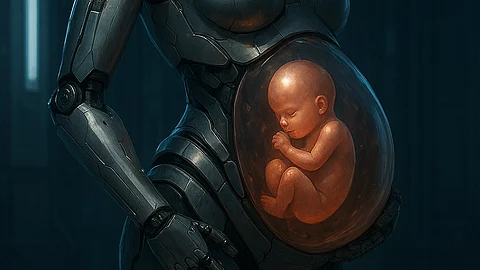This project emerges amid rapid advancements in humanoid robotics, such as the KOID-branded bot recently spotted in Manhattan promoting an ETF, highlighting society's mixed reactions to AI integration in daily life. In reproductive science, it builds on experiments like the 2017 biobag, which sustained lambs for weeks in synthetic amniotic fluid.
While supporters view it as a "game-changer" for infertility, critics argue it raises profound questions about parenthood, family structures, and human ethics. As Dr. Zhang noted, the robot could cost significantly less than U.S. surrogacy fees, which range from $100,000 to $200,000, potentially democratizing access to parenthood.
(Rh/Eth/MKB/TL)
MedBound Hub (https://www.medboundhub.com) is an emerging DISCUSSION FORUM for medical students and the healthcare professionals. This is your chance to be part of this exclusive virtual healthcare forum. Sign up today!


